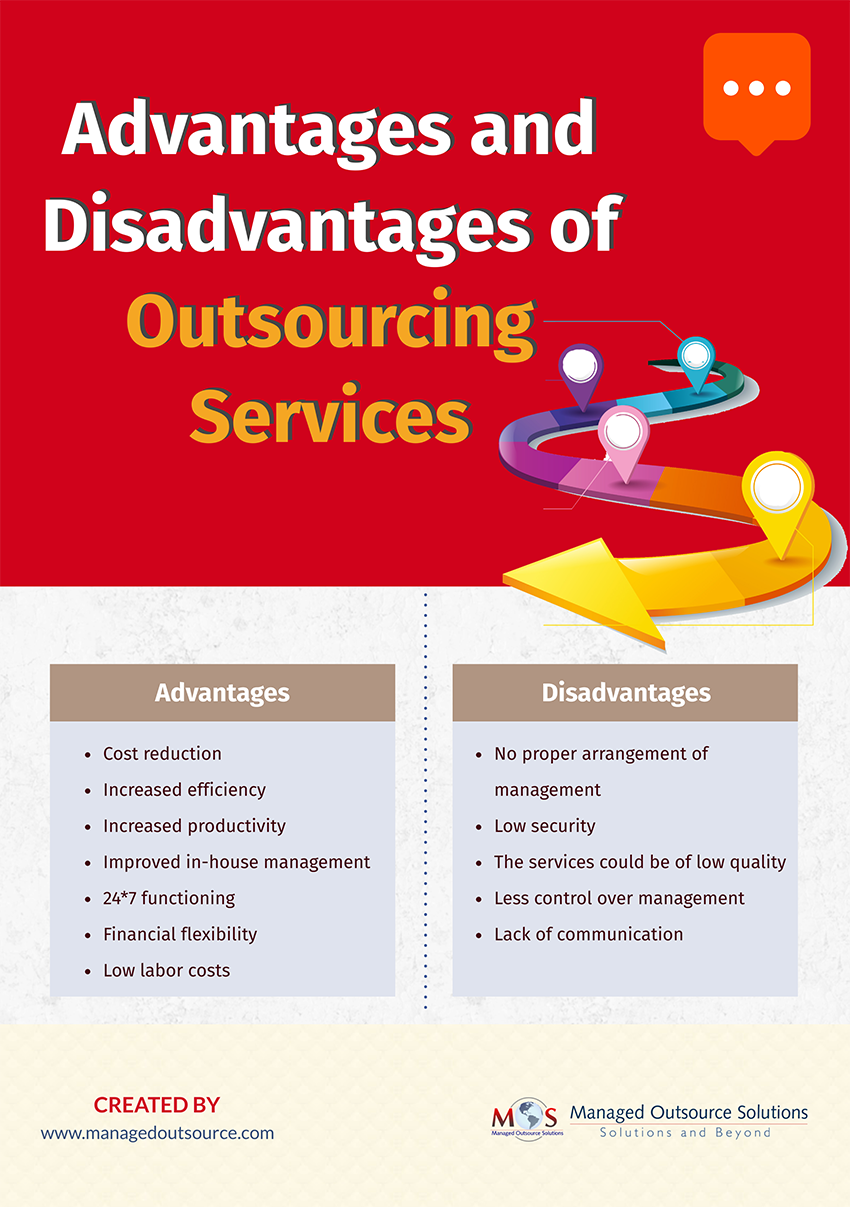Advantages and Disadvantages of Outsourcing
Outsourcing presents numerous advantages to businesses, yet it also introduces challenges that need to be managed carefully.
Advantages
Focus on Core Competencies
Outsourcing allows businesses to focus on their core competencies, which can lead to a competitive advantage. For instance, IT companies often outsource customer service to concentrate on product development and innovation (Smith, 2021).
Flexibility and Scalability
Outsourcing provides businesses with the flexibility to scale operations up or down according to demand, without the burden of fixed costs. This flexibility is crucial for companies operating in volatile markets (Johnson, 2020).
Disadvantages
Quality Control Issues
One of the core challenges of outsourcing is maintaining quality standards. If outsourcing partners fail to consistently meet these standards, it can lead to customer dissatisfaction and potential damage to the company's brand (Adams, 2019).
Communication Barriers
Language and cultural barriers can be significant challenges in outsourced operations. Effective communication is vital to maintain productivity and ensure that outsourced tasks align with the company's objectives (Brown, 2020).
Pros and Cons Visualization
